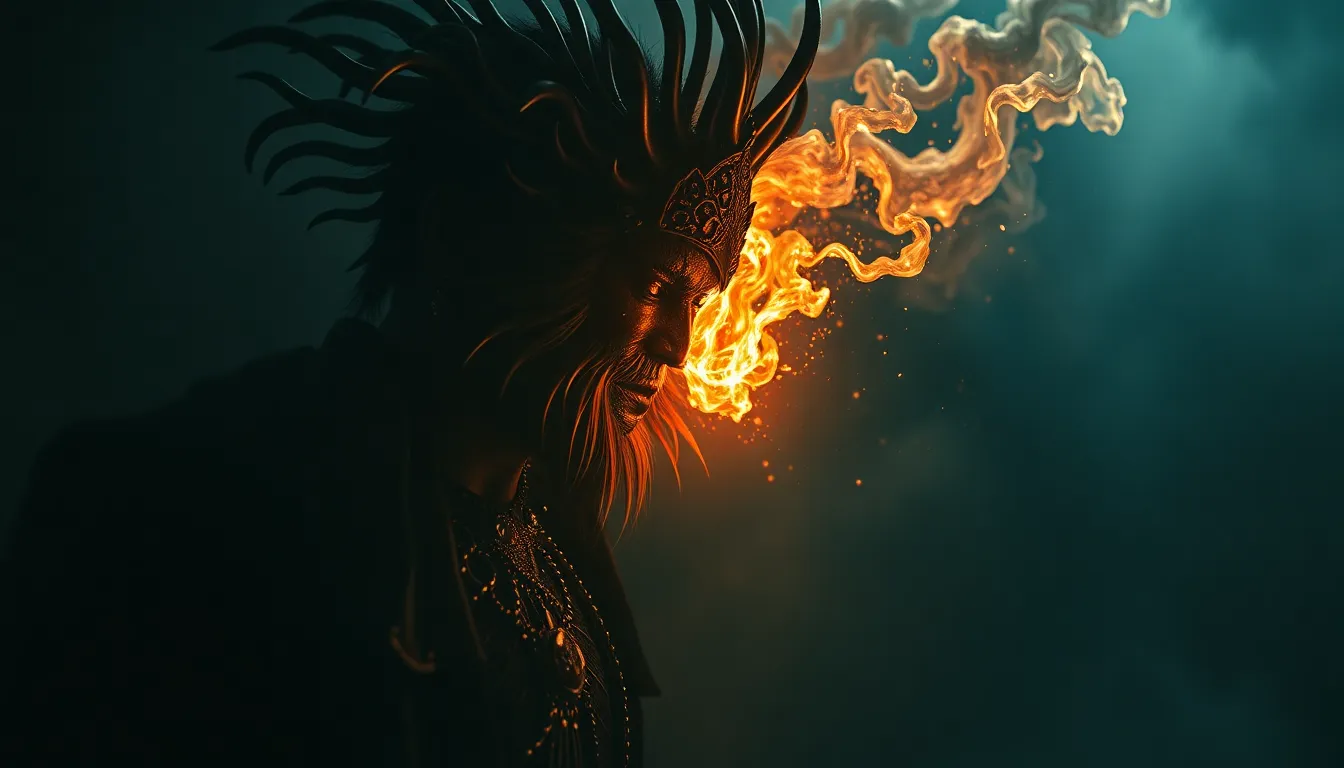The Transformative Nature of Cultural Hero Myths in Society
1. Introduction to Cultural Hero Myths
Cultural hero myths are narratives that embody the values, struggles, and aspirations of a society. They often center around a central figure—a hero—who embodies qualities that are revered within that culture, such as bravery, wisdom, or sacrifice. These myths serve as powerful tools for education, inspiration, and cultural cohesion, helping societies define their identity and moral compass.
Across history and cultures, hero myths have played a significant role in shaping social norms and collective beliefs. From ancient civilizations to modern societies, these narratives have provided frameworks for understanding human behavior and societal expectations.
2. The Archetype of the Hero: A Psychological Perspective
Carl Jung, a prominent psychologist, introduced the concept of archetypes—universal symbols and themes that resonate with the collective unconscious. The hero’s journey, as described in Joseph Campbell’s “The Hero with a Thousand Faces,” illustrates a common narrative pattern found in hero myths across cultures.
This journey typically involves stages such as the call to adventure, facing trials, achieving a goal, and returning transformed. Hero myths resonate deeply with individuals, tapping into fundamental human experiences and emotions, thus fostering a sense of connection and understanding.
3. Cultural Variations of Hero Myths
Hero myths vary significantly across cultures, yet they often share common themes. Here are a few notable examples:
- Hercules (Greek Mythology): Known for his incredible strength and heroic deeds, Hercules embodies the struggle against adversity and the pursuit of redemption.
- King Arthur (British Folklore): A symbol of chivalry and nobility, King Arthur’s legends emphasize themes of honor, leadership, and the quest for justice.
- Sun Wukong (Chinese Tradition): The Monkey King represents intelligence and trickery, challenging the status quo and demonstrating the value of cunning over brute strength.
While these heroes differ in their traits and narratives, common themes such as the fight against evil, the pursuit of knowledge, and the quest for justice resonate throughout, reflecting the shared human experience.
4. The Role of Hero Myths in Shaping Identity
Hero myths significantly contribute to both individual and collective identity formation. They provide role models and aspire to inspire communities to emulate the values represented by these heroes. For instance:
- Indigenous Communities: Many indigenous cultures have heroes who embody their connection to the land and the importance of community.
- National Narratives: Countries often adopt heroes from their history to foster national pride and unity.
These narratives help individuals understand their place within a larger context, promoting a sense of belonging and shared purpose.
5. Hero Myths and Social Values
Hero myths convey moral lessons and social values, serving as guidelines for acceptable behavior within a culture. Common themes include:
- Bravery: Heroes often face daunting challenges, teaching the value of courage.
- Integrity: Many heroes uphold principles of honesty and fairness, encouraging societies to value ethical behavior.
- Compassion: Heroes frequently display kindness and selflessness, promoting the importance of empathy in human interactions.
These narratives can significantly impact societal norms, influencing how communities define right and wrong, justice, and responsibility.
6. The Transformative Power of Hero Myths in Times of Crisis
Throughout history, hero myths have emerged as sources of hope and resilience during crises. For example:
- World War II: Figures like Winston Churchill became emblematic of national resilience, inspiring citizens to endure hardships.
- Pandemics: During health crises, stories of everyday heroes, such as healthcare workers, have emerged, highlighting courage in the face of adversity.
Contemporary hero narratives continue to evolve, responding to global challenges and offering inspiration during difficult times.
7. Media Representation of Hero Myths
The representation of hero myths has evolved dramatically in literature, film, and other media. Modern storytelling often reinterprets traditional narratives, making them more relevant to contemporary audiences. Key developments include:
- Film and Television: Superhero movies and series have popularized the concept of the hero, often emphasizing themes of diversity and inclusion.
- Literature: New literary works frequently reimagine classic heroes, allowing for more complex characters and narratives.
This evolution reflects societal changes and the ongoing relevance of hero myths in cultural discourse.
8. Critiques and Controversies Surrounding Hero Myths
While hero myths are influential, they are not without critiques. Some of the darker aspects include:
- Cultural Appropriation: The borrowing of hero narratives from marginalized cultures can lead to misrepresentation and exploitation.
- Glorification of Violence: Many hero myths romanticize violence, which can skew perceptions of justice and morality.
- Exclusion of Marginalized Groups: Traditional narratives often overlook diverse perspectives, reinforcing stereotypes and limiting representation.
These critiques highlight the need for a more nuanced understanding of hero myths and the importance of inclusivity in storytelling.
9. The Future of Hero Myths in a Globalized World
As globalization and technology continue to reshape societies, hero myths are likely to evolve significantly. Predictions for the future include:
- Diverse Narratives: New heroes will emerge from various backgrounds, reflecting a broader range of experiences and perspectives.
- Digital Storytelling: Social media and digital platforms will enable the rapid dissemination and reinterpretation of hero myths.
This evolution offers opportunities for fresh narratives that resonate with contemporary audiences, fostering inclusivity and understanding.
10. Conclusion: The Enduring Legacy of Cultural Hero Myths
The transformative nature of cultural hero myths continues to shape societies, influencing identity, values, and social cohesion. As we navigate a rapidly changing world, it is essential to re-examine and embrace diverse hero narratives that reflect our shared humanity and collective aspirations. The legacy of hero myths not only enriches our cultural landscape but also provides a roadmap for future generations, guiding them toward empathy, understanding, and resilience.




